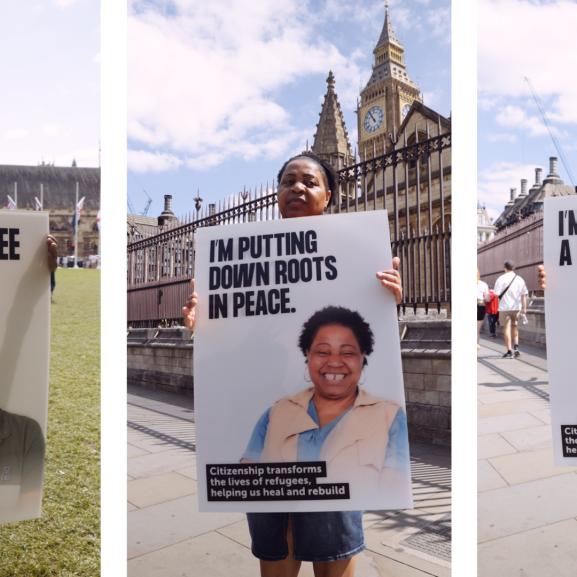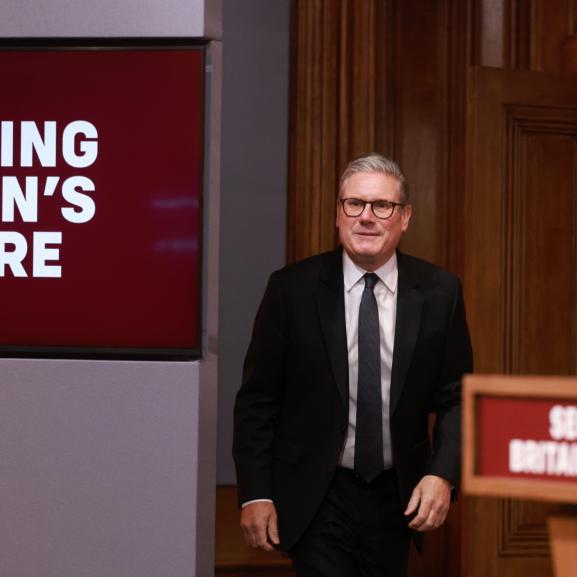Substandard systems are failing vulnerable individuals seeking refuge
The Medical Foundation for the Care of Victims of Torture has welcomed calls for better screening and support for people seeking refuge in the UK, in the wake of a new report which shows asylum seekers are being let down by substandard systems.
According to the Independent Asylum Commission (IAC), people seeking refuge in the UK are "gravely misunderstood" and are being placed at risk by policies that disproportionately focus on preventing "irregular immigration".
It is the first series of recommendations published by the IAC following its interim report in March this year, which showed that the UK asylum system was "not yet fit for purpose" and was "marred by inhumanity in its treatment of the vulnerable".
Contrary to the UK Border Agency's (UKBA) response that it "strikes a fair balance between dealing properly with those needing international protection and deterring those who seek to abuse the process for their own benefit", people who flee to the UK in fear of their lives are invariably escaping countries like Sudan, Iran and the Congo out of desperation, not a desire for personal gain.
The experiences of numerous MF clients detained by the UKBA also shows that the treatment of torture survivors is far from adequate, with significant numbers detained in immigration removal centres as part of the fast track process.
Despite policy agreements between the Home Office and the MF which state that torture survivors should not be detained, a lack of pro-active mechanisms means that the MF routinely assesses people who have been failed by inappropriate systems. Torture survivors are often not identified, end up in detention, and are subsequently released after the MF's intervention to provide a medico-legal assessment when contacted by clients themselves or their legal teams.
The commissioners' calls for the clear identification of "at risk" groups such as victims of torture and sexual abuse echo views repeatedly registered with the Home Office by the MF, which continues to urge the Government to improve the screening of newly arriving asylum seekers to ensure vulnerable people are not detained and are referred for medical assessments where appropriate.
The report also found that in some cases, decisions made by the UKBA may not be based on up to date or relevant information about the country from which people were fleeing, nor was the available information properly applied.
The style of UKBA interviews was also criticised as falling short of appropriate standards. In particular, the commissioners noted the use of leading questions and errors in transcription. The MF would wholly support the IAC recommendations for more specialist training of decision-makers and the accreditation of case owners working with torture survivors.
"We are seriously concerned that people fleeing torture and persecution continue to be let down by systems that fall far short of offering the support and protection they deserve," said a spokesperson for the MF.
"The people we see are already contending with unimaginable degrees of trauma and loss. It is that which should be of paramount consideration, not targets of stringent immigration control."





